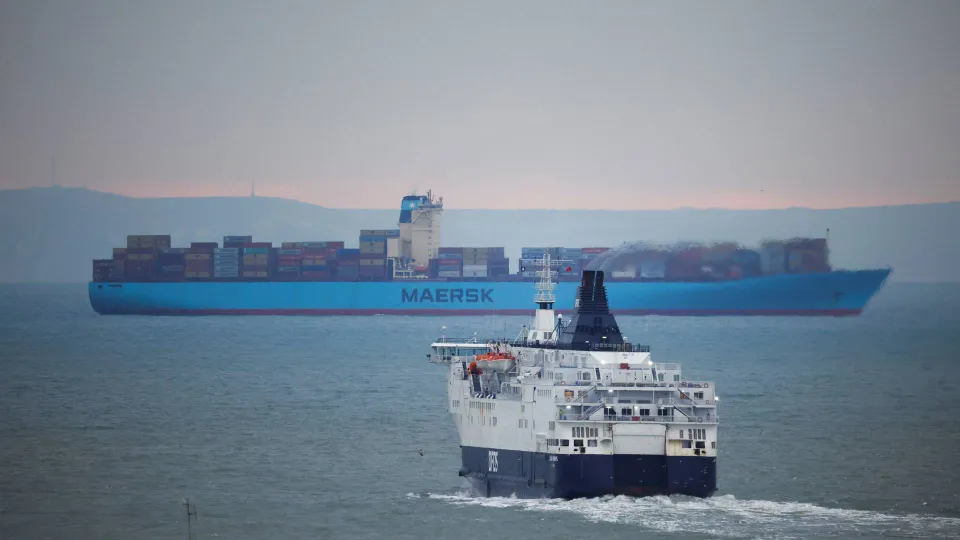The Chairmanship of the Danish Economic Councils criticizes the tonnage taxation scheme for having a ”distorting” effect. DFDS has calculated what it would cost to leave the arrangement in a number of countries.
Danish ferry and logistics company DFDS has put forth calculations showing what it would cost to leave the 20-year old, politically disputed tonnage taxation scheme.
This week, the tax was criticized by the Chairmanship of the Danish Economic Councils, which finds it ”distorting” and a limitation to productivity.
The tonnage taxation scheme entails a tax favor of roughly DKK 630m (USD 91m), according to the Chairmanship.
In its full-year 2021 report, DFDS has calculated what it would cost if the carrier abandoned the scheme.
The tonnage taxation scheme is a precondition for having shipping in Denmark
dfds
”If DFDS A/S withdraws from the tonnage taxation scheme, deferred tax liability in the amount of maximum DKK 516m (2020: DKK 455m) may be recognized,” reads the report.
Looking at the entire DFDS group and its activities in a number of countries besides Denmark where tonnage taxation is paid as well, the bill would come to DKK 942m.
According to DFDS, the carrier is obliged to announce the numbers due to international accounting regulations.
DFDS highlights that it has no intention to leave the arrangement.
Sharp reaction from Danish Shipping
WPO has reached out to the Danish Economic Councils regarding an explanation for the calculation of a DKK 630m tax favor – among other things in relation to the numbers from DFDS.
The Danish Economic Councils have referred to the Danish Ministry of Taxation instead.
It is the first time since 2006 that the Chairmanship comments on the tonnage taxation scheme, and its criticism has provoked a sharp reaction from trade organization Danish Shipping.
The tonnage tax
The tonnage taxation scheme was introduced in Denmark in 2002 based on a Greek model and is a form of taxation that covers carriers and operator companies.
Companies decide themselves whether they wish to be taxed via the tonnage arrangement.
The tonnage tax is collected based on the size of carriers’ or operators’ net tonnage and thus not on the basis of their operating result.
Tonnage tax has been implemented in a number of countries with shipping industries.
In Denmark from 2014-2019, the carriers’ overall annual payments via the tonnage tax were:
2014: DKK 140m
2015: DKK 130m
2016: DKK 128m
2017: DKK 139m
2018: DKK 153m
2019: DKK 164m
To WPO, the organization’s Deputy CEO Jacob K. Clasen has declared himself ”fundamentally at odds” with the Chairmanship’s assessment of the tonnage tax.
For instance, Clasen states that a halt to the arrangement would not lead to ”increased productivity in Denmark but instead loss of valuable jobs and earnings for the country.”
DFDS agrees.






